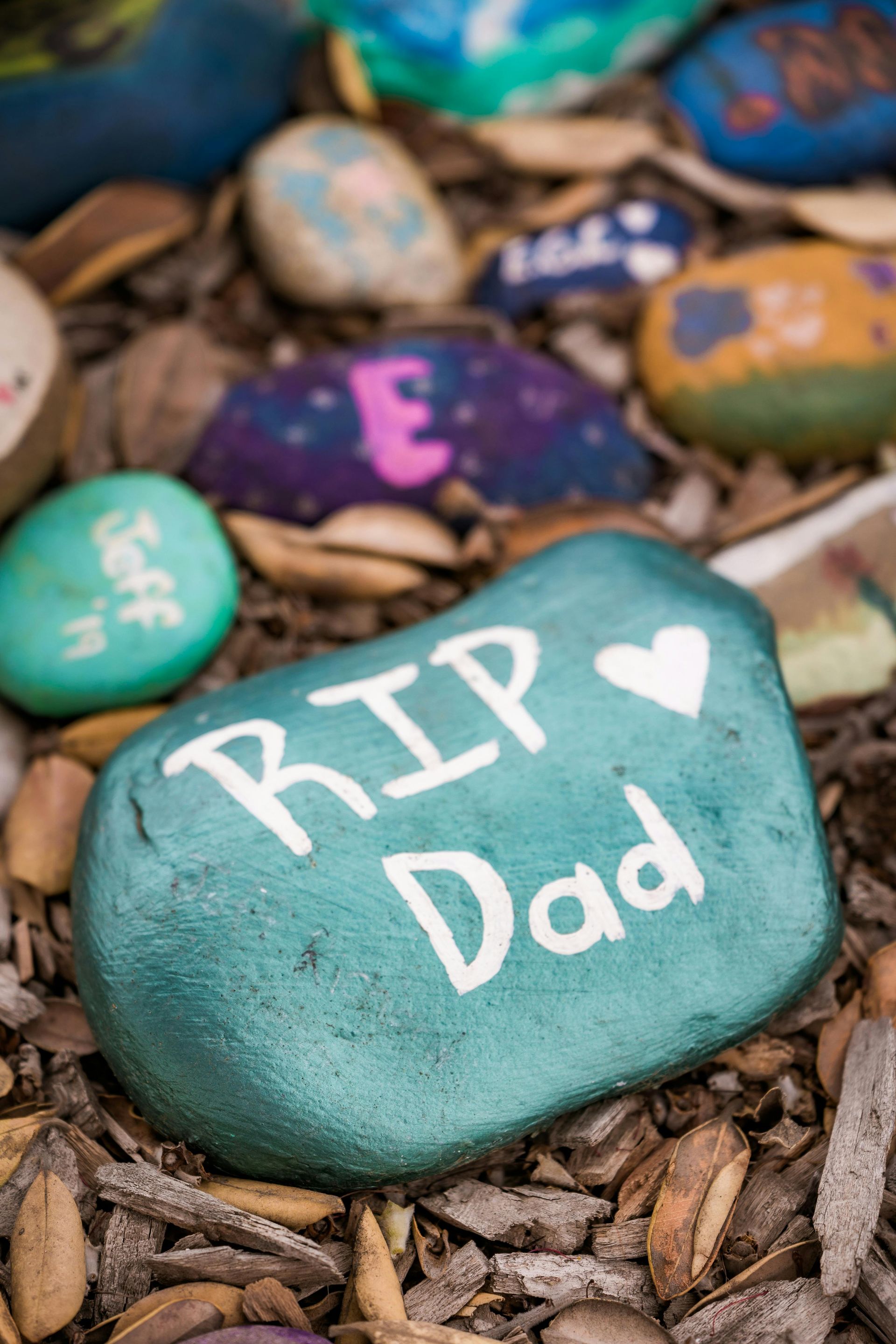Left Behind: Understanding the Grief of Losing a Loved One to Suicide
Losing a Loved One to Suicide—Navigating Complex Grief
The Unique Landscape of Grief After Suicide
Coping with the loss of a loved one is one of life's most challenging experiences. When that loss is due to suicide, the path through grief can feel uniquely complex, overwhelming, and isolating. It's a journey no one expects to take, and it's filled with a swirling mix of emotions that can be incredibly difficult to navigate. If you're reading this, please know you are not alone, and there is support available to help you find your way through this unimaginable pain.
The Unique Landscape of Grief After Suicide
Grief is never linear, but after a suicide, the emotional landscape often includes additional layers:
- Shock and Disbelief: Even if there were warning signs, the finality of suicide can bring a profound sense of shock. It can feel unreal, leaving you stunned and disoriented.
- Guilt and "What Ifs": This is perhaps one of the most common and agonizing emotions. Loved ones often replay conversations, analyze past events, and grapple with a crushing sense of "what could I have done differently?" It's crucial to remember that you are not responsible for another person's choices.
- Anger: Anger can be directed at the person who died, at yourself, at others, or even at the circumstances. This is a normal and valid emotion in grief, especially after suicide.
- Shame and Stigma: Sadly, a societal stigma still surrounds suicide, which can make grieving individuals feel ashamed or reluctant to talk openly about their loss. This can lead to isolation, making healing even harder.
- Confusion and the Search for Answers: The "why" can be an insistent, haunting question. It's common to search relentlessly for reasons, explanations, or a sense of closure that may never fully arrive.
- Profound Sadness and Despair: Beneath all the other complex emotions lies a deep, aching sadness for the loss of a future, shared moments, and the person you loved.
It's vital to acknowledge that all these feelings are valid. There's no "right" or "wrong" way to feel when grieving a suicide. Your unique relationship with the person, your personality, and your support system will all shape your individual journey.
Finding Your Way Through: Strategies for Healing
While the pain may feel endless right now, there are steps you can take to move through your grief and begin to heal.
- Allow Yourself to Feel: Don't suppress your emotions, no matter how uncomfortable they are. Give yourself permission to cry, be angry, question, or just sit with the emptiness.
- Seek Support from Loved Ones: Lean on trusted friends and family who can offer a listening ear, a shoulder to cry on, or practical help. Don't feel you have to go through this alone.
- Prioritize Self-Care: In times of immense stress and grief, it's easy to neglect basic needs. Try to maintain a routine for sleep, nutrition, and gentle physical activity. These aren't luxuries; they're necessities for coping.
- Educate Yourself (Gently): Learning about suicide and its complexities can sometimes help reduce feelings of guilt or confusion. Organizations dedicated to suicide prevention and postvention offer valuable resources.
- Find Healthy Outlets for Expression: Grief can be overwhelming. Writing in a journal, creating art, listening to music, or spending time in nature can provide healthy ways to process your feelings.
- Consider a Support Group: Connecting with others who have experienced a similar loss can be incredibly powerful. Sharing your story in a safe space can reduce feelings of isolation and provide a unique sense of understanding.
When Professional Help Can Make a Difference
Navigating the unique challenges of grief after suicide often benefits greatly from professional support. Talk Remedy Online Counseling focuses on grief therapy for both adults and teens, offering a secure and confidential environment where you can delve into complex emotions, cultivate coping strategies, and navigate feelings of guilt, anger, and confusion. This virtual counseling is available via phone, video chat, or live text, eliminating the need for commuting or enduring long wait times. Even if you don't have health insurance, our online grief counseling remains affordable, with various pricing options and budget-friendly packages designed to ensure you receive the support you need.
Online grief counseling has become an invaluable resource, offering accessible support from the comfort of your own home. This can be especially helpful if you live in a rural area, have mobility challenges, or simply prefer the privacy and convenience of virtual sessions. It allows you to connect with experienced therapists who can guide you through the intricacies of your grief journey.
It's also important to remember that children and teens who are grieving after a suicide may need specialized support. Their understanding of death and their emotional processing abilities are different from adults. Counseling for teens can provide them with age-appropriate tools to express their feelings, address any confusion or guilt, and help them cope with the profound impact of the loss. Counselors specializing in adolescent grief understand the unique developmental stage and social pressures teens face.
When should you seek professional help?
- If your grief feels debilitating and interferes with your daily life (work, school, relationships).
- If you're experiencing prolonged feelings of hopelessness or despair.
- If you're having thoughts of self-harm.
- If you find yourself isolating from everyone.
- If you're struggling with substance abuse as a coping mechanism.
- If your family dynamic feels overwhelmed by the grief.
A Message of Hope
Losing someone to suicide is an immense and profound tragedy. The healing process is not about forgetting the person or moving on from your love for them. Instead, it's about finding a way to integrate this loss into your life, to carry your memories, and to eventually find moments of peace and purpose again. Be kind to yourself, seek the support you need, and remember that healing is possible. You are not alone on this journey. To learn more about how grief therapy at Talk Remedy Online Counseling can help you or someone you know, contact us.



